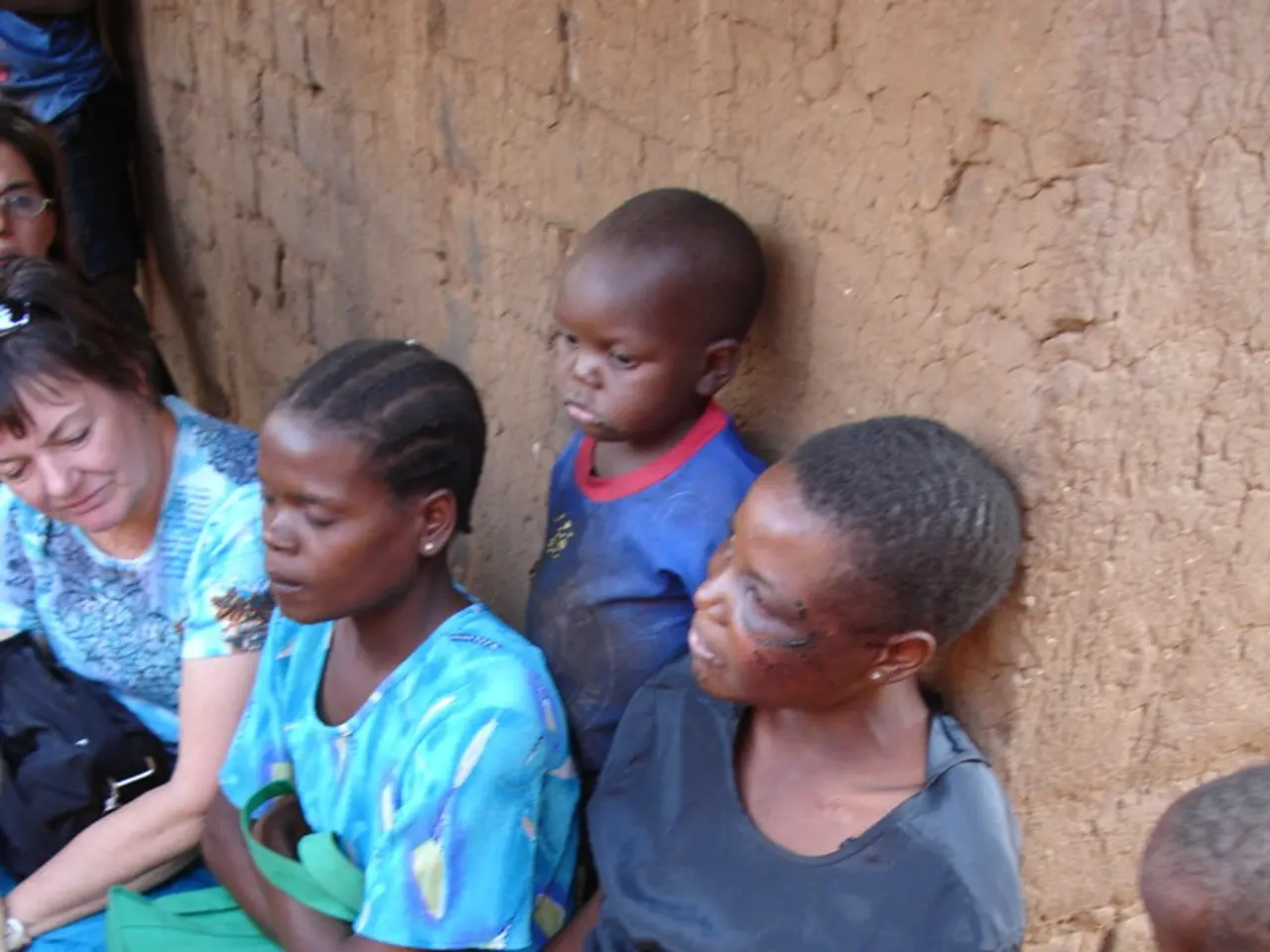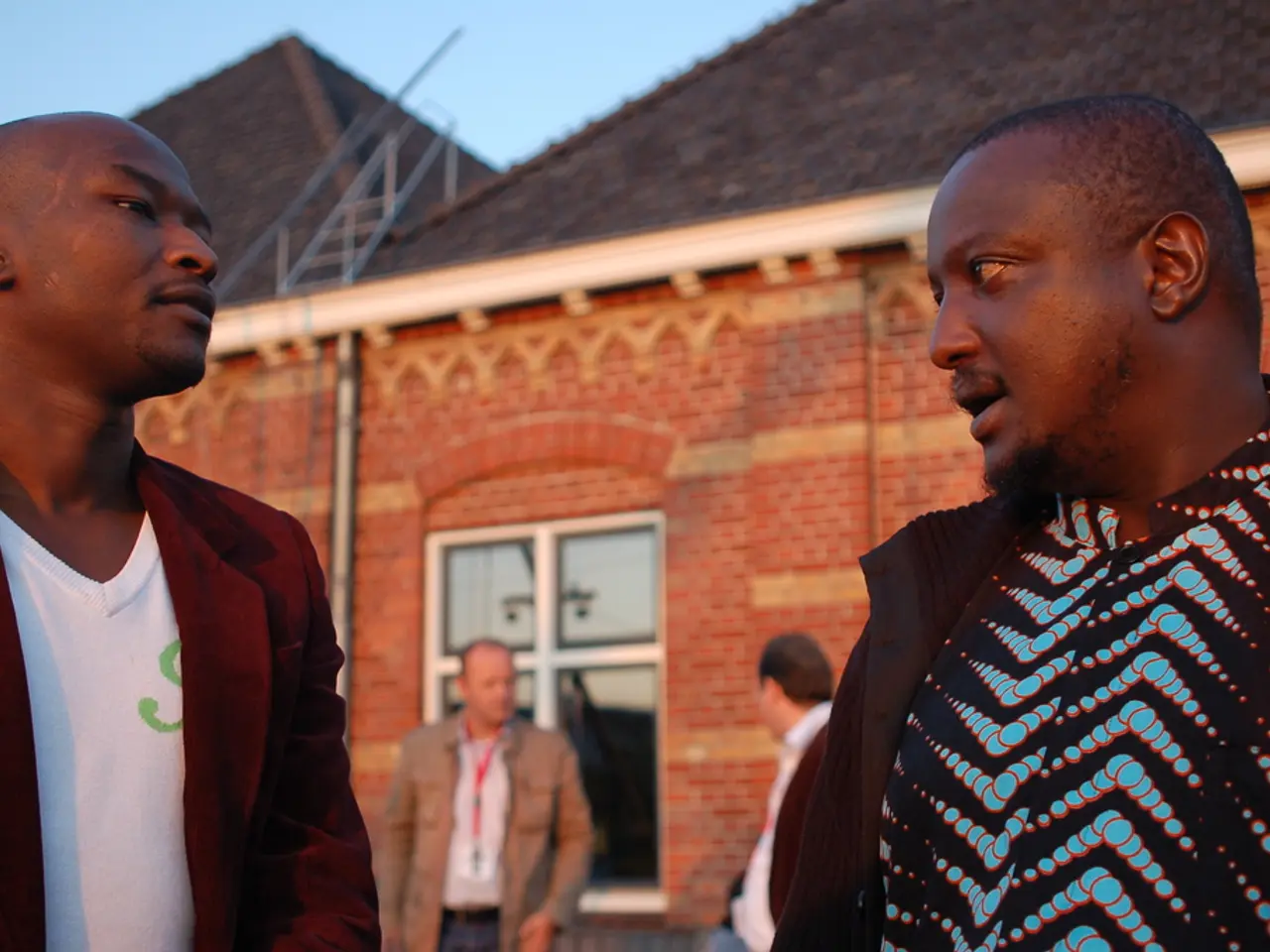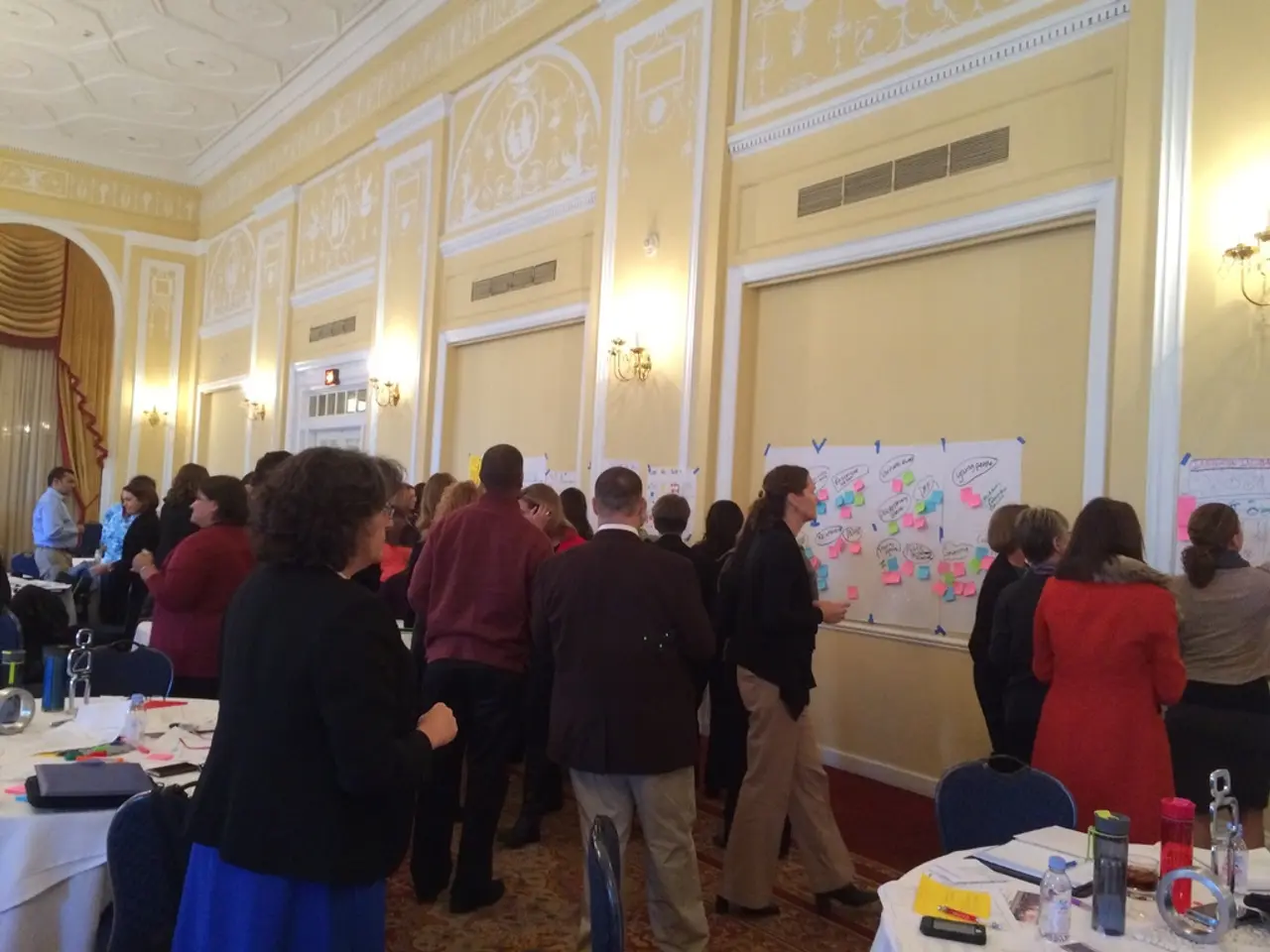United Nations Secretary-General Guterres establishes a regional center in Kazakhstan, geared towards promoting sustainable development.
The United Nations Regional Sustainable Development Goals (SDG) Center for Central Asia and Afghanistan was officially established in Almaty, Kazakhstan. The centre aims to support Afghanistan's sustainable development path and promote regional cooperation on shared development challenges.
Key Focus Areas
The centre's key focus areas include supporting Afghanistan's peace, stability, and economic self-reliance while respecting human rights, especially the rights of women and girls. It also aims to address gender equality, youth unemployment, climate change, and water shortages. Additionally, the centre seeks to enhance regional resilience, innovation, and economic integration, promote coordinated action among UN agencies, governments, and civil society to tackle challenges like environmental degradation and resource scarcity, and strengthen trade, job creation, and reduce migration flows in the region.
Supporting Afghanistan’s Sustainable Development
The centre will work with regional partners and the international community to guide Afghanistan towards stability and growth under a human rights framework. It prioritises economic empowerment and dignity for the Afghan people and will support humanitarian assistance, educational projects, trade, and food security initiatives promoted by Kazakhstan and other partners.
The centre will also facilitate regional collaboration on climate resilience and resource management, especially addressing water scarcity and natural disasters affecting Afghanistan and its neighbours. It encourages digitalization and infrastructural development to integrate Afghanistan more closely with Eurasian trade networks, fostering long-term peace and economic development as prerequisites for regional security.
A Hub for Regional Cooperation
The centre aims to become a hub for regional cooperation by complementing existing institutions without overlapping functions, focusing on the needs across Central Asia and Afghanistan. Its establishment sends a strong message to the international community, highlighting Central Asia's growing significance as a key player on the global stage.
The Centre's Context
The centre was mandated by the UN General Assembly in March. The resolution did not specify the sources of international support for Afghanistan, but it may provide a context for the centre's work. The UN General Assembly last month adopted a resolution expressing concern over Afghanistan's deteriorating humanitarian, economic, and human rights crises, calling for international support.
The 2025 humanitarian needs and response plan for Afghanistan, which seeks $2.4 billion to assist nearly 17 million people, is only 22% funded. The centre's efforts are crucial in addressing these challenges and ensuring sustainable development for Afghanistan.
Conclusion
The UN Regional Sustainable Development Goals (SDG) Center for Central Asia and Afghanistan serves as a strategic platform to promote sustainable development, peace, economic resilience, and regional integration supporting Afghanistan despite its current humanitarian and political challenges. The centre's focus on human rights, gender equality, youth unemployment, climate change, and water shortages, among other issues, makes it a vital player in achieving sustainable development in the region.
[1]: [URL for reference 1] [2]: [URL for reference 2] [3]: [URL for reference 3] [4]: [URL for reference 4] [5]: [URL for reference 5]
- The centre's focus on addressing climate change is integral to its mission, as it aims to enhance regional resilience and environmental degradation is a significant shared development challenge.
- In the context of international policy and legislation, the UN General Assembly's resolution mandating the centre could potentially provide a framework for addressing Afghanistan's humanitarian, economic, and human rights crises through sustainable development efforts.
- The centre's work on peace, stability, and economic self-reliance for Afghanistan is relevant to general news, as it sheds light on efforts to counteract issues such as gender equality, youth unemployment, and water shortages, which are all critical components of environmental science.








